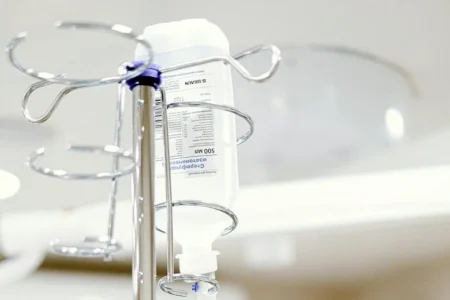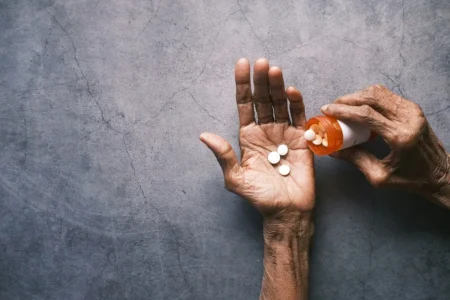Coping With PTSD: 5 Recommended Lifestyle Changes to Make
- Updated on: Nov 14, 2024
- 2 min Read
- Published on Jul 31, 2023

Professional help can often help you to minimize and control symptoms, bringing the PTSD average duration down. Everyone is different when it comes to how long you might take to recover and feel in control of your mental health. However, there are things you can do to improve your ability to cope with PTSD.
Here are some suggested lifestyle changes that could make a difference in how you cope with PTSD.
Don’t suffer in silence
One of the most important changes you can make is to resolve to get the help you most likely need to cope with and recover from the symptoms of PTSD.
This is a complex and challenging mental condition that often requires intervention from a mental health professional in order to address your trauma issues and find a way to treat and manage your PTSD.
Create a routine that helps you cope with your PTSD symptoms
You may find that there are scenarios or specific triggers that spark an episode of PTSD. One of the things you can do to break the cycle is to establish a daily routine that creates more of a sense of normalcy in your life.
It has been shown that if you create a structured routine to your day it can often help you manage anxiety levels better.
Consider a full assessment
Your PTSD symptoms might be mild or severe. They might be somewhere in between. The key point to make about this condition is that every person who experiences this condition does so in a way that is quite unique, to a certain extent.
You can’t really expect to work out how to tackle PTSD until you have had a full assessment. Once your PTSD symptoms have been evaluated by a medical health professional you will be in a better position to map a path to recovery and learn what coping mechanisms work for you.
Be open to the idea of using medication
You can often manage PTSD symptoms with the help of medications that have been prescribed after your assessment.
Serotonin and norepinephrine reuptake inhibitors can improve your ability to cope with PTSD. A mental health professional will be able to guide you on whether medication could be an appropriate adjustment to your lifestyle.
Live a healthier lifestyle
It has been shown that if you undertake a routine that includes regular exercise and enjoy a healthy balanced diet you should be able to improve your ability to cope with your PTSD symptoms.
Enjoying a good sleep pattern can also boost your mood and help combat PTSD.
If you can make these changes to your lifestyle you may well discover that you have a far greater level of control over your PTSD symptoms than you did before.












